- Home
- Company
- Our Services
Odoo Services
ERP Services
- Odoo Apps
- Our Industries
- Locations
- Resources
- Contact us
Call us today!
+91 93422 58771
- Home
- Company
- Our Services
Odoo Services
ERP Services
- Odoo Apps
- Our Industries
- Locations
- Resources
- Contact us
Call us today!
+91 93422 58771

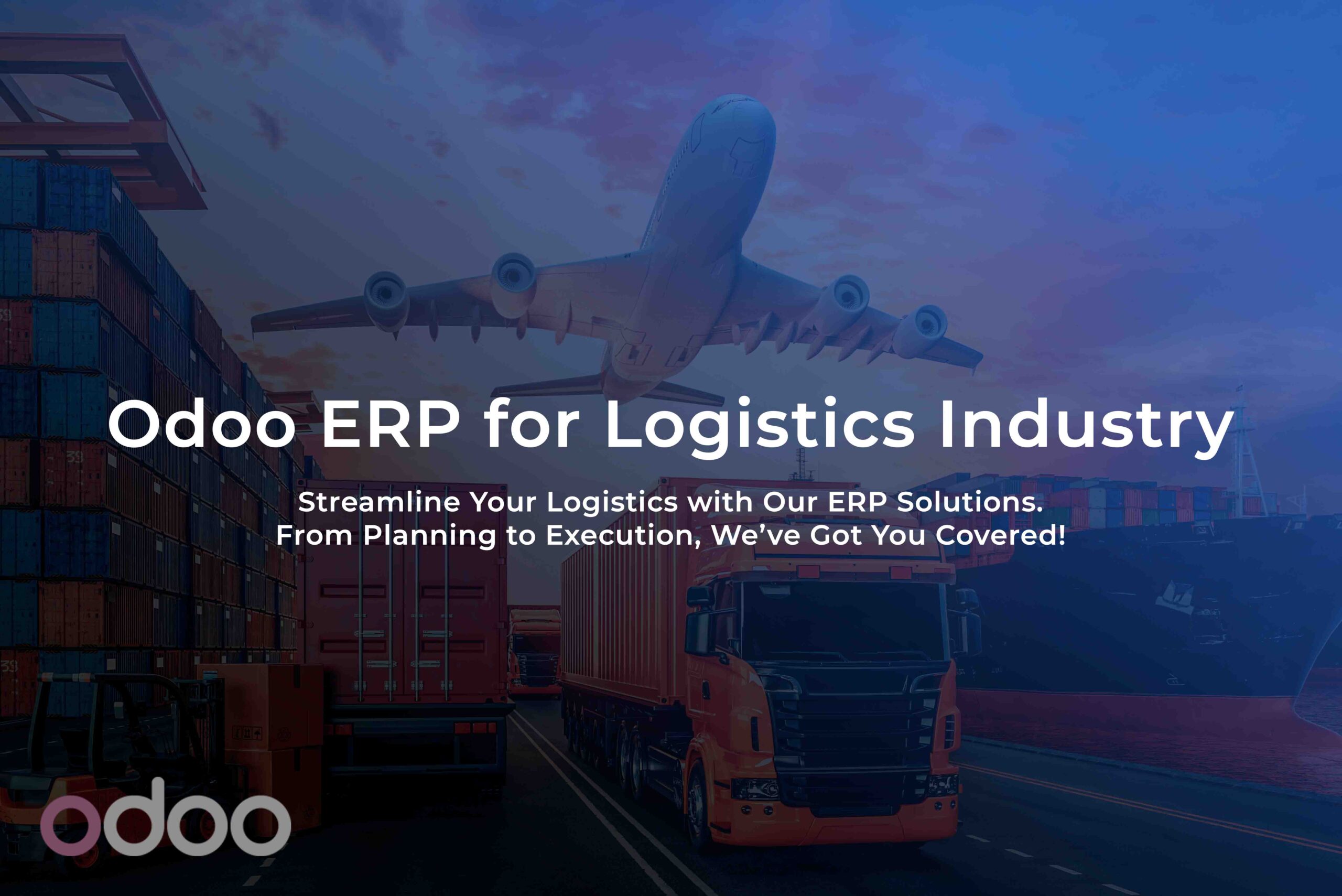
Banibro is an expert in helping businesses optimize their logistics operations by integrating cutting edge ERP program designed specifically for the logistics sector. We provide comprehensive solutions that improve the effectiveness, transparency, and general management of logistics processes thanks to our knowledgeable team of Odoo specialists. Banibro uses the power of Odoo to boost supply chain operations, automate order processing, and streamline inventory management to help logistics companies stay competitive in today’s market. Put your trust in Banibro to provide Odoo logistics solutions that will increase the profitability and success of your company.Get a free Odoo ERP software demo from Banibro to see how it can revolutionize your real estate company.
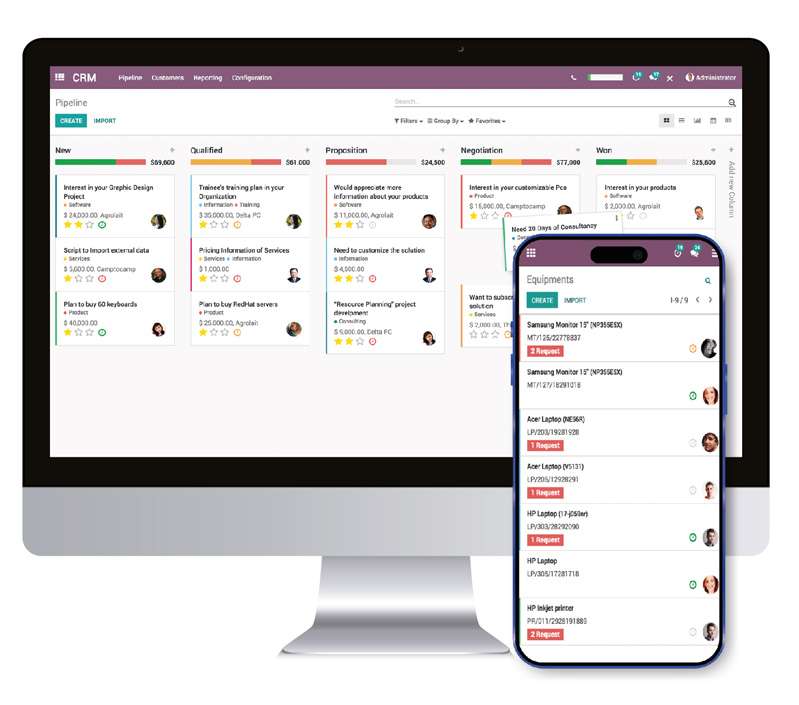










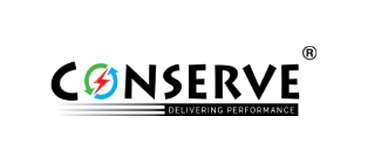




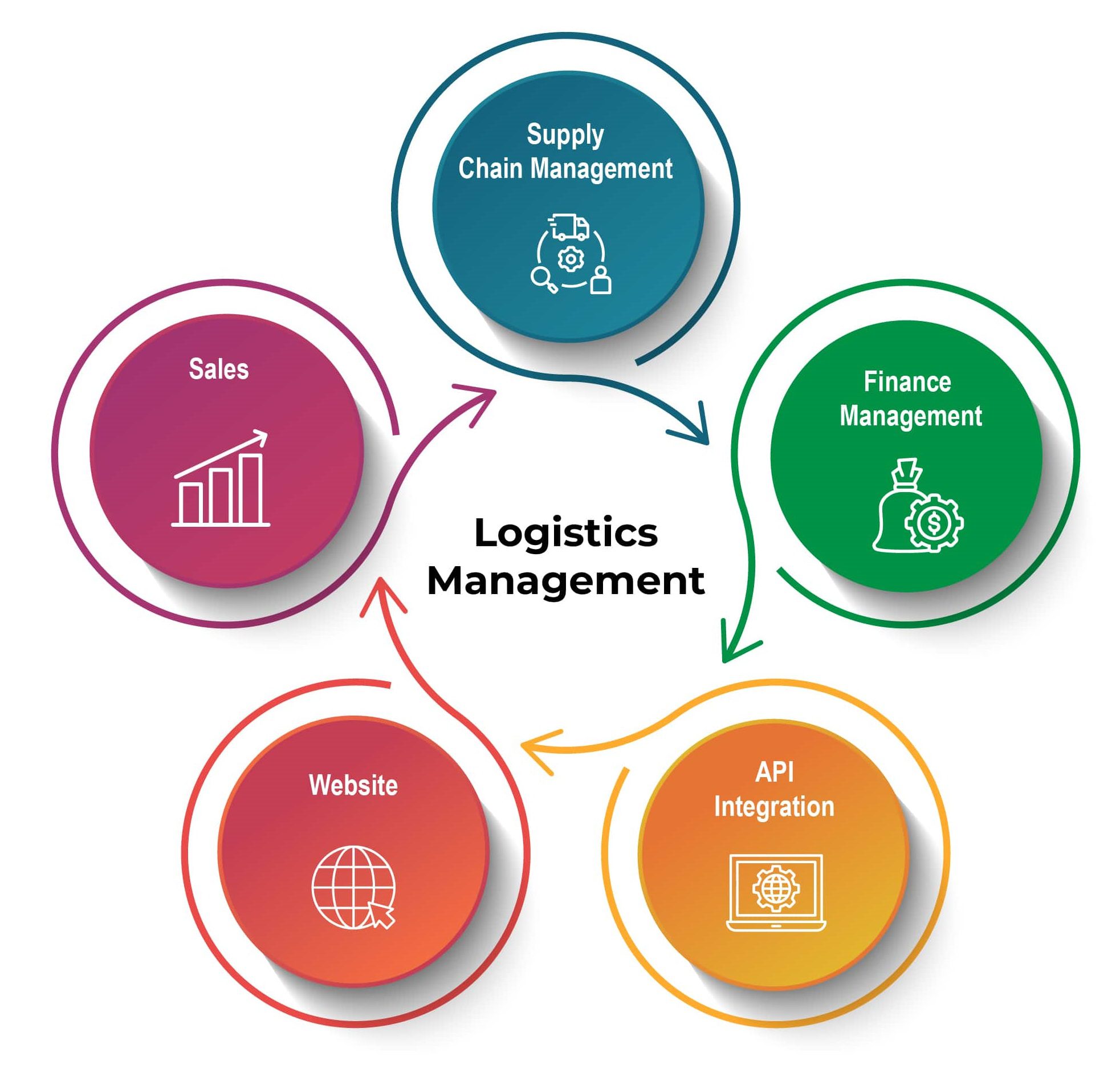
Optimize logistics operations, streamline inventory management, and ensure efficient supply chain with our SCM module for logistics industry ERP
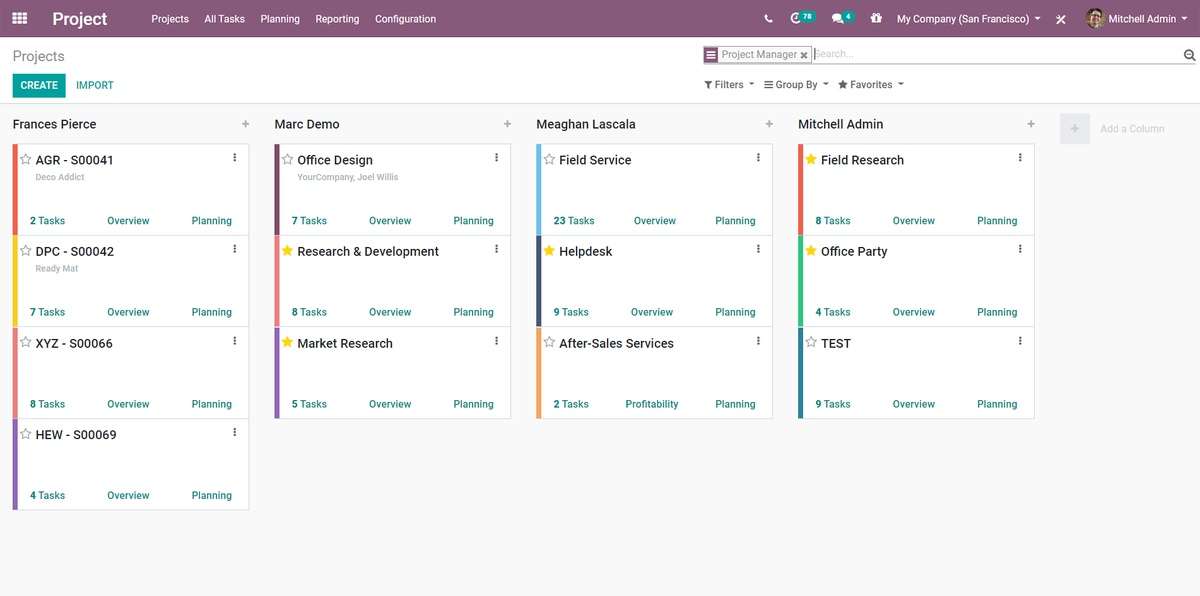
Streamline financial operations, track expenses, and optimize budgeting with our Finance Management module for logistics industry ERP

Seamlessly integrate external systems, enhance connectivity, and automate data exchange with our API Integration for logistics industry ERP

Optimize sales processes, track leads, and boost revenue generation with our Sales Management module for logistics industry ERP

The dedicated maintenance module helps you run the maintenance operations on the production equipment as well as the devices which are being used in the company operations
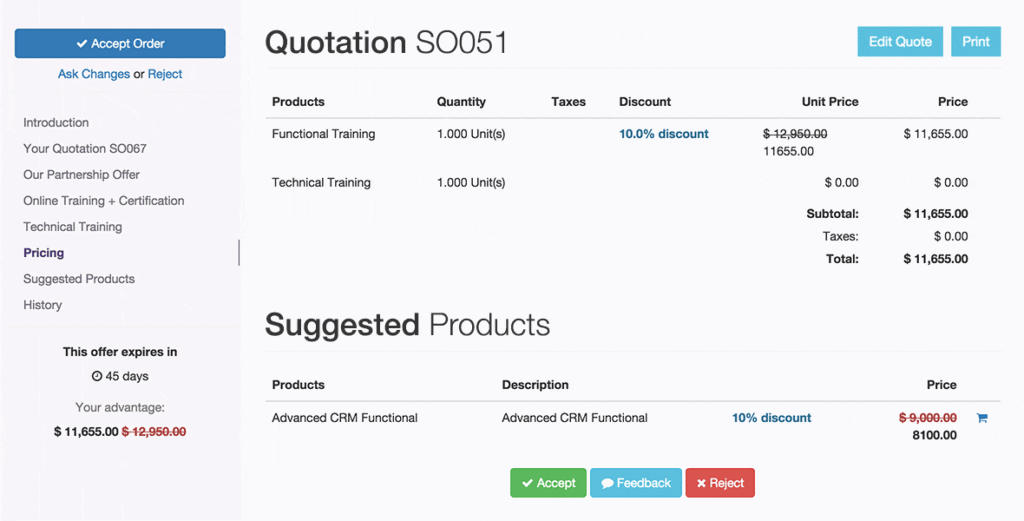
An ERP system can help logistics companies streamline their operations, improve efficiency, reduce costs, and enhance customer service. It provides a single, centralized platform for managing all aspects of the logistics process, from planning and scheduling to execution and delivery.
An ERP system for logistics companies should have features such as transportation management, warehouse management, inventory control, order management, billing and invoicing, financial management, and reporting and analytics.
An ERP system can help logistics companies manage their supply chain by providing real-time visibility into inventory levels, order status, and transportation schedules. It can also help with demand forecasting, procurement, and supplier management.
Implementing an ERP system can be a complex and time-consuming process, and it may require significant resources and investment. It can also require changes to existing business processes and workflows, which may be difficult for employees to adapt to.
Logistics companies can ensure successful implementation of an ERP system by choosing the right vendor and software solution, thoroughly evaluating their business requirements and processes, involving key stakeholders in the implementation process, and providing adequate training and support to employees. It is also important to conduct regular audits and assessments to ensure the system is functioning as intended and meeting business objectives.
Logistics companies may face challenges such as poor inventory management, inefficient transportation planning, high operating costs, and lack of visibility into supply chain operations. An ERP system can help address these challenges by providing real-time data and analytics, automating processes, and improving collaboration and communication among stakeholders.
Yes, most ERP systems can be customized to meet the specific needs of a logistics company. This can include adding custom fields, modifying workflows, and integrating with third-party software solutions. However, customization can also increase the complexity and cost of the system.
An ERP system can improve customer service for logistics companies by providing real-time updates on order status, delivery times, and inventory availability. It can also help automate billing and invoicing, which can reduce errors and improve accuracy. Additionally, an ERP system can provide insights into customer behavior and preferences, which can help logistics companies tailor their services to meet customer needs.
The timeline for implementing an ERP system for logistics companies can vary depending on the complexity of the system and the size of the company. Typically, the implementation process can take several months to a year or more, depending on factors such as data migration, customization, and training. It is important to carefully plan and manage the implementation process to minimize disruption to business operations.
Yes, an ERP system can help logistics companies comply with regulatory requirements by providing tools for tracking and reporting on various aspects of their operations, such as transportation compliance, hazardous materials handling, and import/export regulations. This can help logistics companies avoid penalties and fines and maintain a strong reputation for compliance and sustainability.